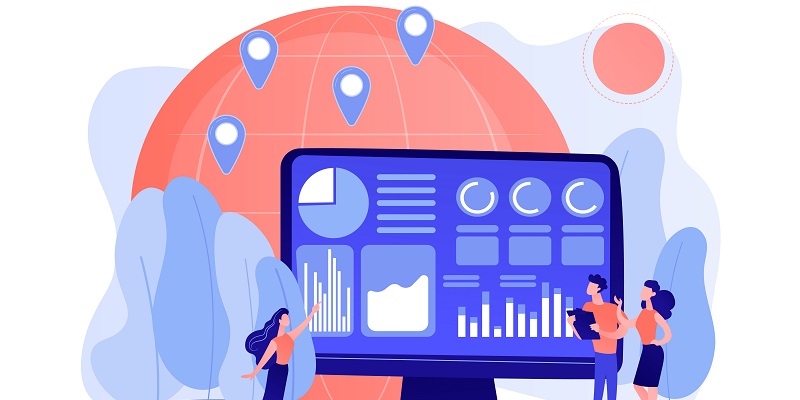Personalized customer interactions are at the forefront of a successful business. Customers have come to expect tailored experiences that align with their preferences, and the companies that can deliver on these expectations have a competitive edge. This is where a Customer Data Platform (CDP) comes in. A CDP is a tool that companies can use to effectively collect and utilize customer data to provide personalized customer experiences.
The Benefits of Using a CDP
With the rapid expansion of customer data availability, it has become more challenging for companies to handle and make sense of the massive influx of information. Those who do not use a CDP risk losing opportunities for personalization and customer engagement. However, by utilizing a CDP, a company can gain a competitive edge, easily harness their customer data, and provide their customers with exceptional experiences.
Developing a Data-Driven Culture
A data-driven culture is essential for succeeding with a CDP. Understanding how data can help achieve business goals is critical to maximizing the potential of a CDP. Using data to analyze customer interactions and purchasing behaviors can lead to a better understanding, segmentation, and targeting of specific customers, ultimately driving revenue and customer satisfaction.
Collaboration Across Teams
A CDP can only be successful if multiple teams collaborate to capitalize on customer data, especially in larger organizations where information may reside in different departments or systems. A dedicated team should be responsible for administering the CDP and ensuring its smooth operation. Similarly, marketing, sales, and customer service departments should work together to maximize the use of a CDP, finding ways to personalize customer interactions, improve messaging, and optimize the customer experience.
Commitment to Understanding Customers
A CDP (Customer Data Platform) can only succeed if it is committed to understanding its customers’ needs and preferences while offering individualized experiences. This means that companies need to invest in technology that helps create unified customer profiles and can track customer interactions across touchpoints. By tracking customer “fingerprints” in this way, a company can better understand customers’ motivations, anticipate their needs, and provide personalized recommendations.
In today’s data-rich world, companies need to focus on developing a data-driven culture, fostering collaboration between departments to use a CDP effectively, and committing to understanding customers’ needs and preferences. Utilizing a CDP to personalize customer interactions can help companies create a competitive edge in their industry. By adopting the key characteristics mentioned above, a company can unlock the full potential of a CDP, ultimately leading to increased ROI and customer satisfaction.

